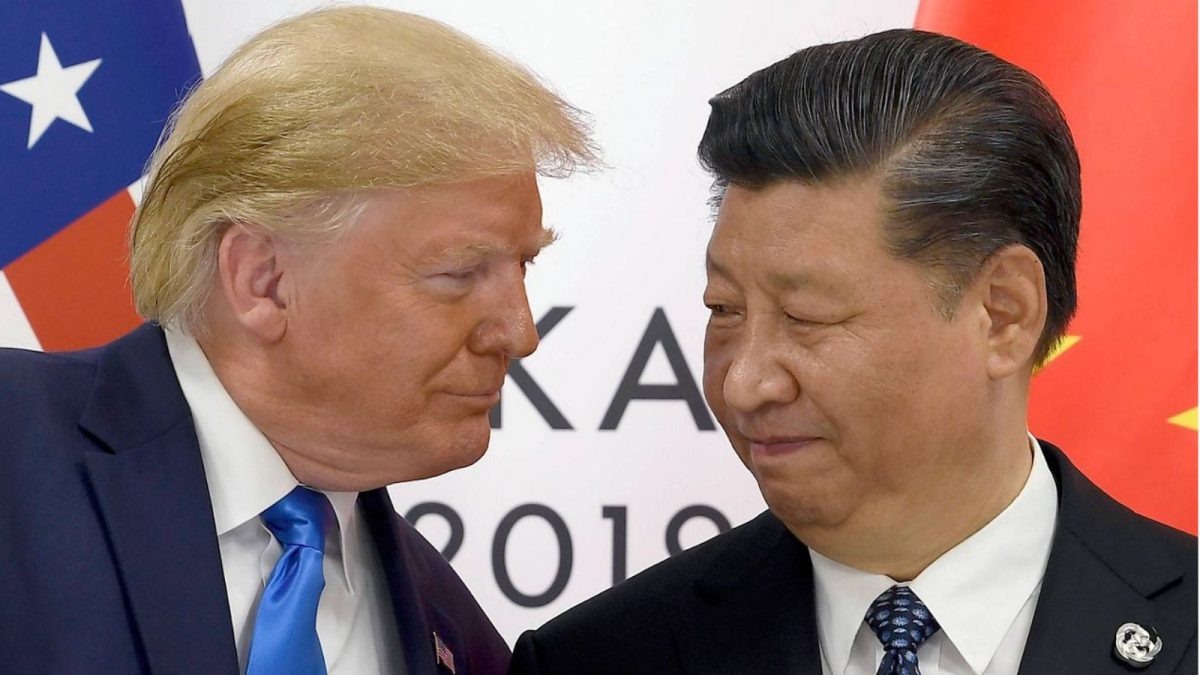The fate of TikTok, a major player among global social media platforms, seems to be approaching a critical juncture as negotiations between Washington and Beijing move toward a much-anticipated deal.
In recent years, TikTok has stood at the center of a geopolitical tug-of-war that goes far beyond viral videos and entertainment trends. The platform, owned by the Chinese company ByteDance, has grown into a global phenomenon, amassing hundreds of millions of users and reshaping digital culture across borders. Yet its very popularity has also triggered political, security, and economic debates that extend from the United States to Asia, Europe, and beyond. Today, all eyes are on former U.S. President Donald Trump and Chinese President Xi Jinping, as they are expected to conclude an agreement that could redefine not only TikTok’s operations but also the wider tech relationship between the two nations.
Lo que hace que este momento sea especialmente importante es la complejidad de los temas en juego. Para Washington, las preocupaciones han girado durante mucho tiempo en torno a la seguridad de los datos, la privacidad de los usuarios y la posible influencia de una plataforma de propiedad china en la sociedad estadounidense. Para Beijing, el asunto implica defender los intereses comerciales nacionales y afirmar su posición en la carrera global por la tecnología. Por lo tanto, las negociaciones entre Trump y Xi no solo tratan de una sola aplicación, sino también de cuestiones más amplias de confianza, soberanía y el equilibrio de poder en la era digital.
A platform caught in the middle of global politics
Since its rapid ascent, TikTok has evolved beyond merely being a platform for brief clips. It has emerged as a venue for talent to flourish, for companies to connect with fresh demographics, and for cultural phenomena to disseminate quicker than ever. Yet, the aspects that contributed to TikTok’s triumph have also generated concern. Critics in the United States have contended that the app might offer Beijing unique access to the private information of American residents, which could jeopardize national security.
This suspicion has fueled political debates for years, with lawmakers, regulators, and government officials calling for stricter measures or outright bans. At the same time, TikTok’s management has consistently denied accusations of wrongdoing, emphasizing its commitment to safeguarding user data and transparency in its operations. Nonetheless, the company’s ties to ByteDance and the broader Chinese tech ecosystem have kept the controversy alive, making the app a focal point in an already tense U.S.-China relationship.
Economic stakes and digital sovereignty
The discussions occurring today transcend purely political matters, encompassing economic aspects as well. TikTok is responsible for generating billions in advertising income and has transformed into a vital resource for entrepreneurs and small enterprises. For the United States, securing an agreement that guarantees local oversight of data management and activities could enable the app to keep benefiting the economy without posing a security threat. For China, maintaining TikTok’s presence in the U.S. market protects a significant business interest and ensures that one of its most successful global digital products is not dismantled in foreign territories.
The idea of digital sovereignty also looms large in these talks. Countries around the world are increasingly determined to protect their citizens’ data and set clear rules about how international tech companies operate within their borders. The TikTok case illustrates the difficulties of balancing openness with security, innovation with regulation, and global connectivity with national interests. Whatever agreement Trump and Xi reach today will likely serve as a precedent for how similar disputes are handled in the future.
The path to reaching a consensus
Discussions between Washington and Beijing regarding TikTok have been lengthy and fraught with obstacles. At different points, the possibility of forcing ByteDance to sell its U.S. operations, banning the app altogether, or allowing it to continue with stricter oversight have all been on the table. Each option came with its own complications, ranging from legal challenges to resistance from the app’s vast user base.
The anticipated deal suggests that both governments have recognized the need for a compromise. For the U.S., it could mean gaining more control over how data is stored and managed, possibly through partnerships with American firms. For China, it allows ByteDance to retain ownership while making concessions that address Washington’s most pressing concerns. Though the exact details of the agreement remain closely guarded, the fact that both Trump and Xi are directly involved indicates its importance at the highest political levels.
The response from the general audience and the technology sector will be quite revealing. Those who use TikTok, those who create content on it, and companies that depend on it will be keen to learn about the platform’s potential stability in the United States. Shareholders and rivals will pay close attention, as the results might affect stock prices, business tactics, and the framework of rules governing other social media services.
The resolution of this long-running issue carries weight far beyond TikTok itself. It represents a test of how two of the world’s largest economies can manage disputes in the digital sphere while protecting their own interests. As technology continues to evolve and cross borders with ease, the challenge of balancing innovation with security will only intensify. Today’s deal, if finalized, will mark a pivotal chapter in that ongoing story.

